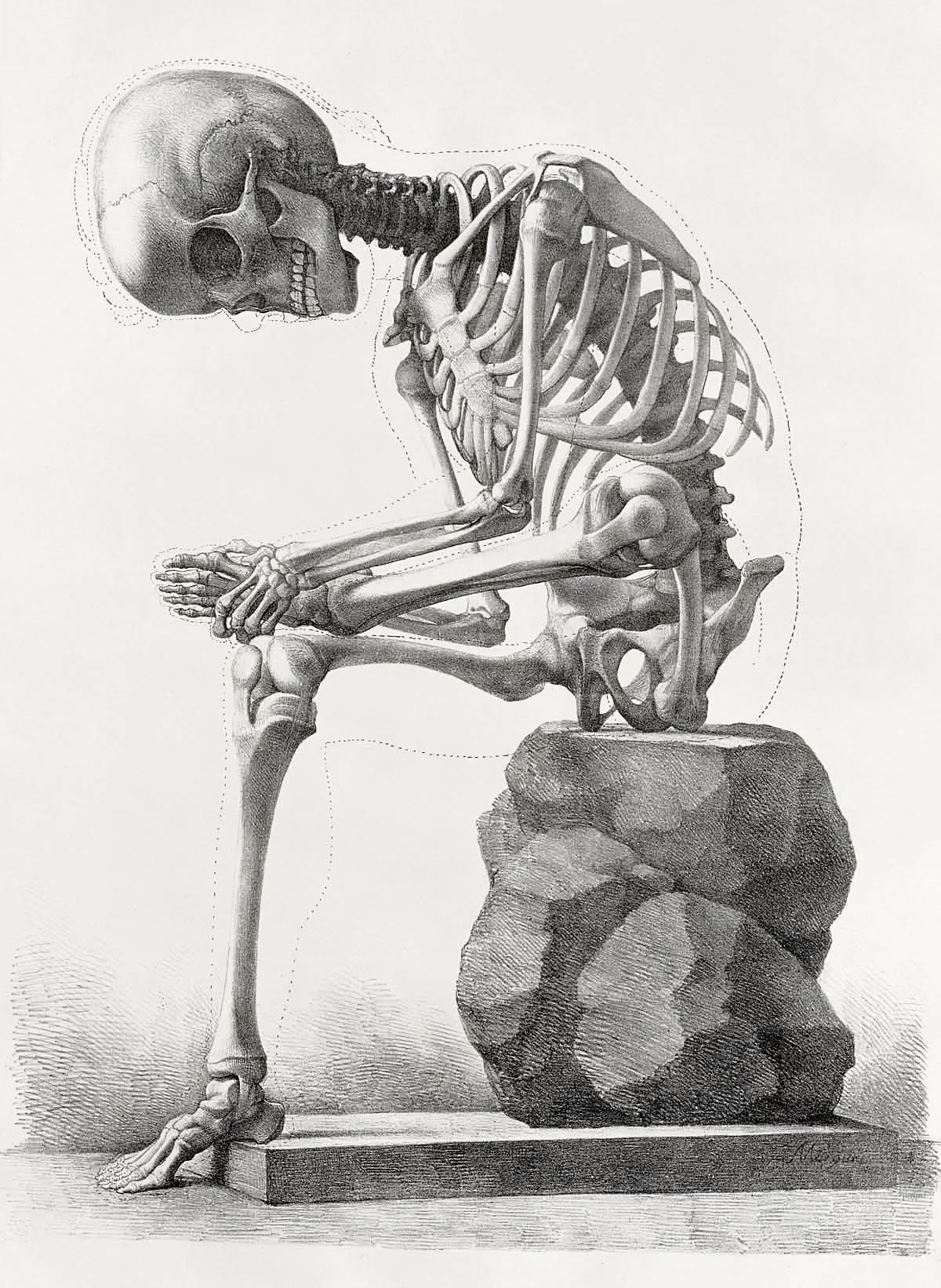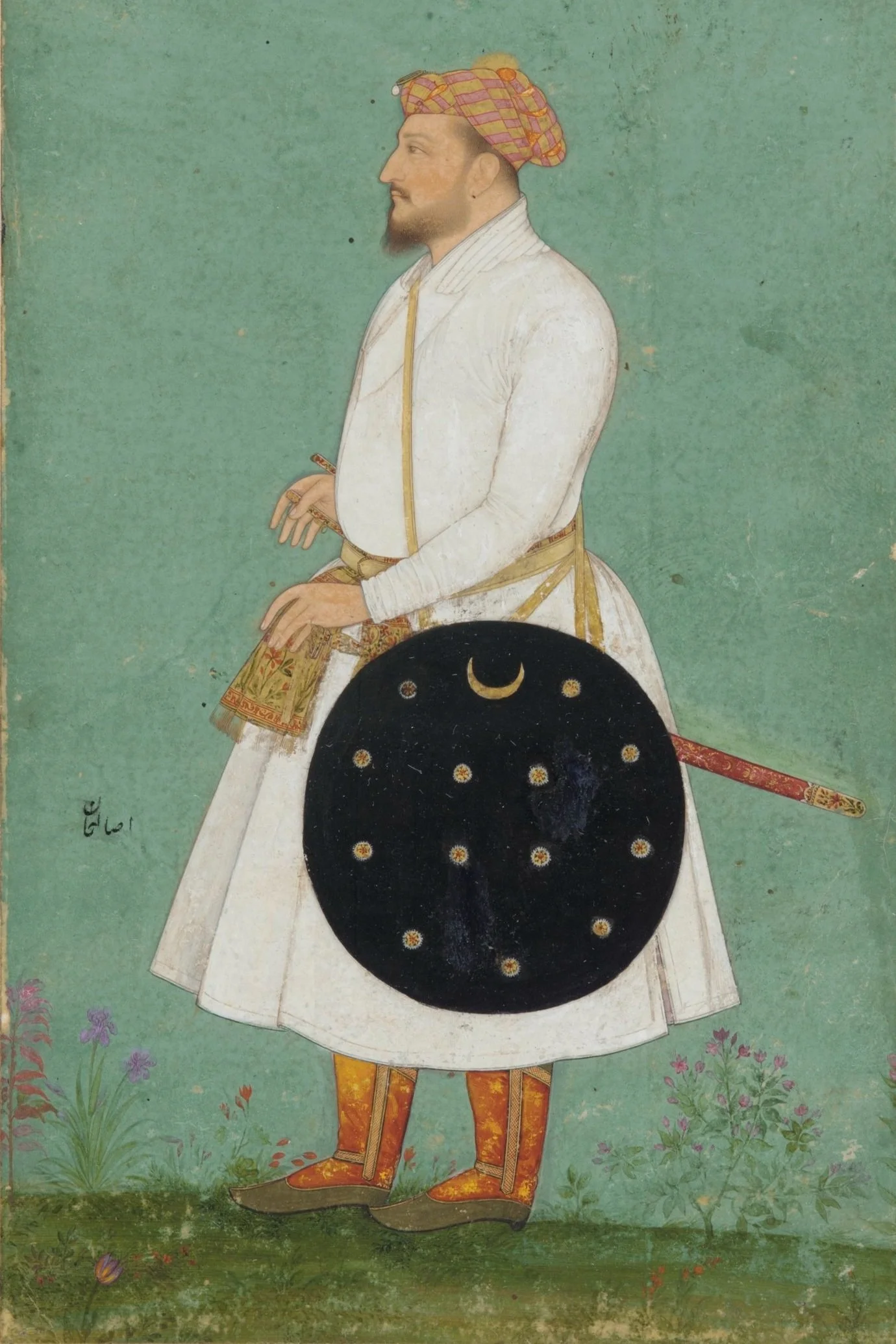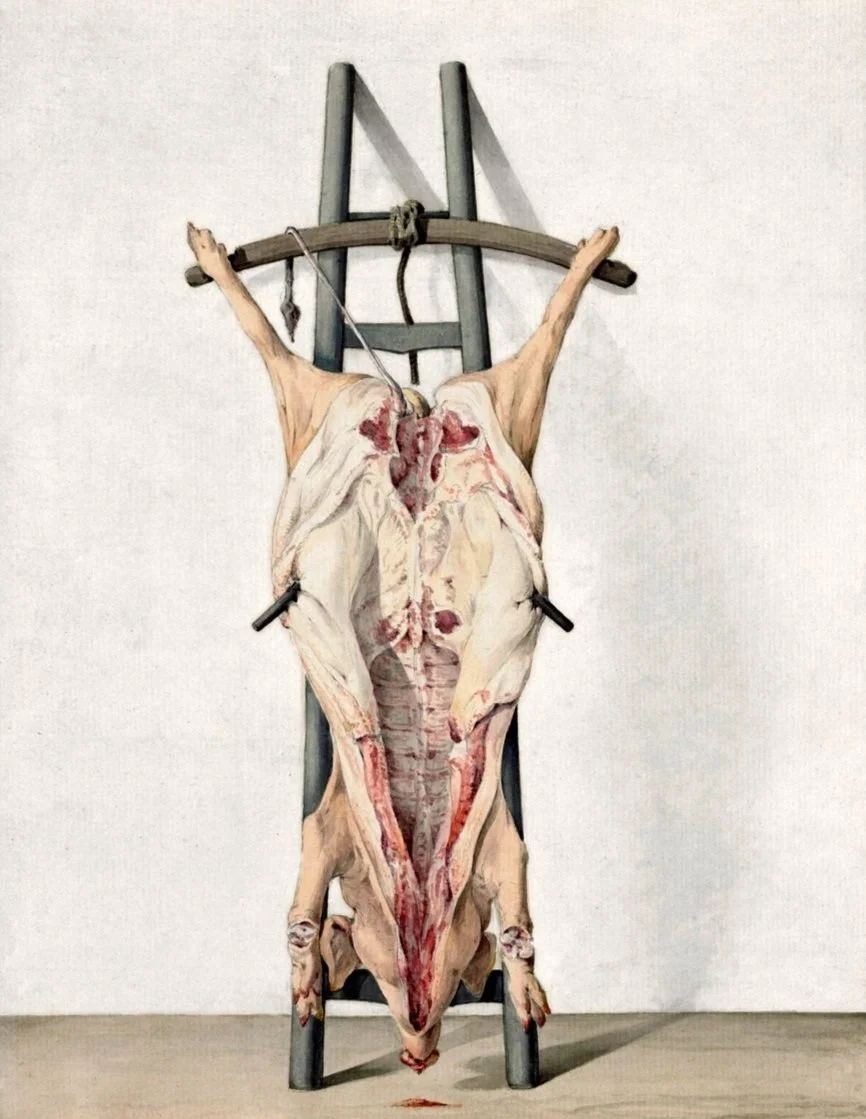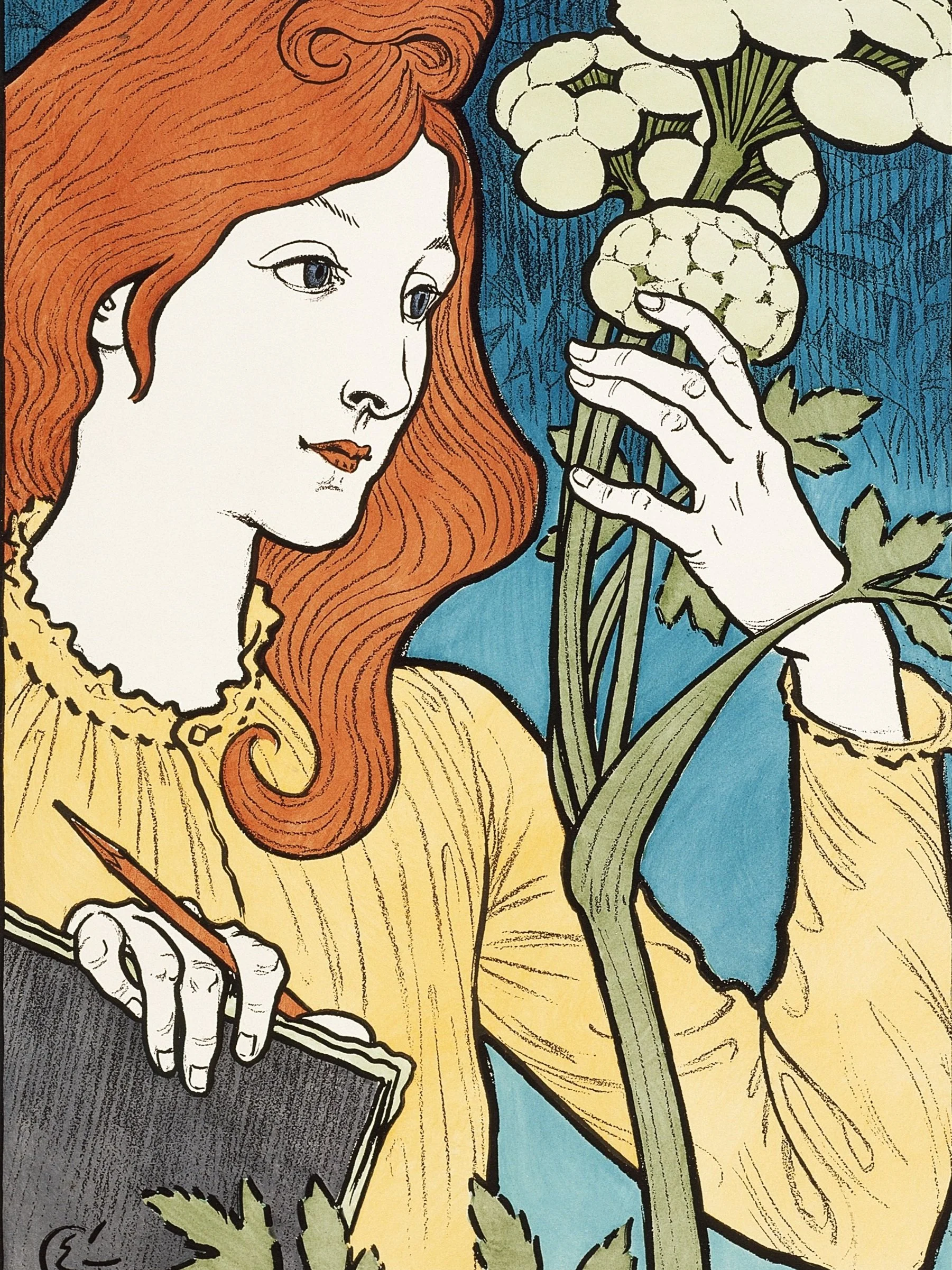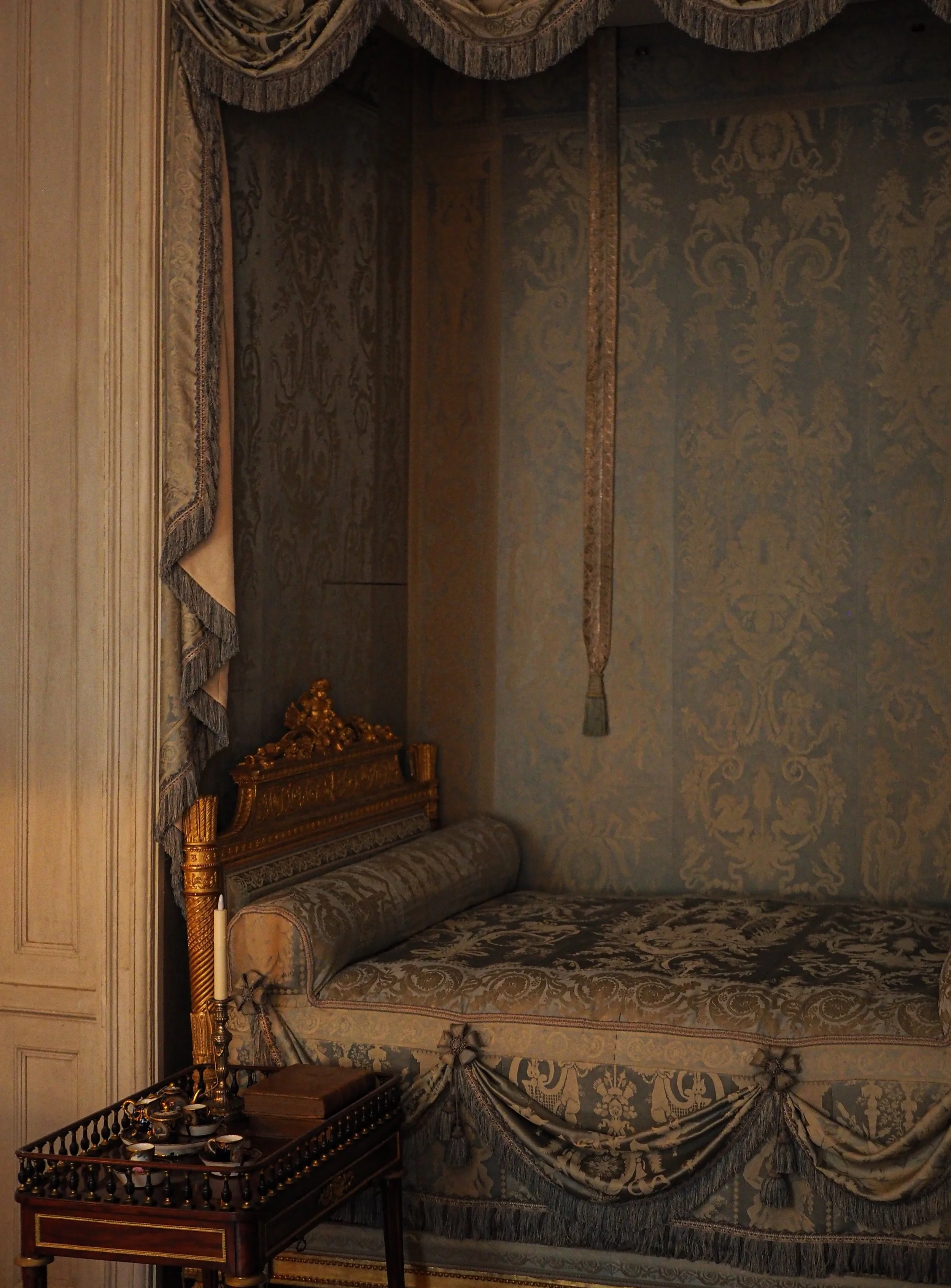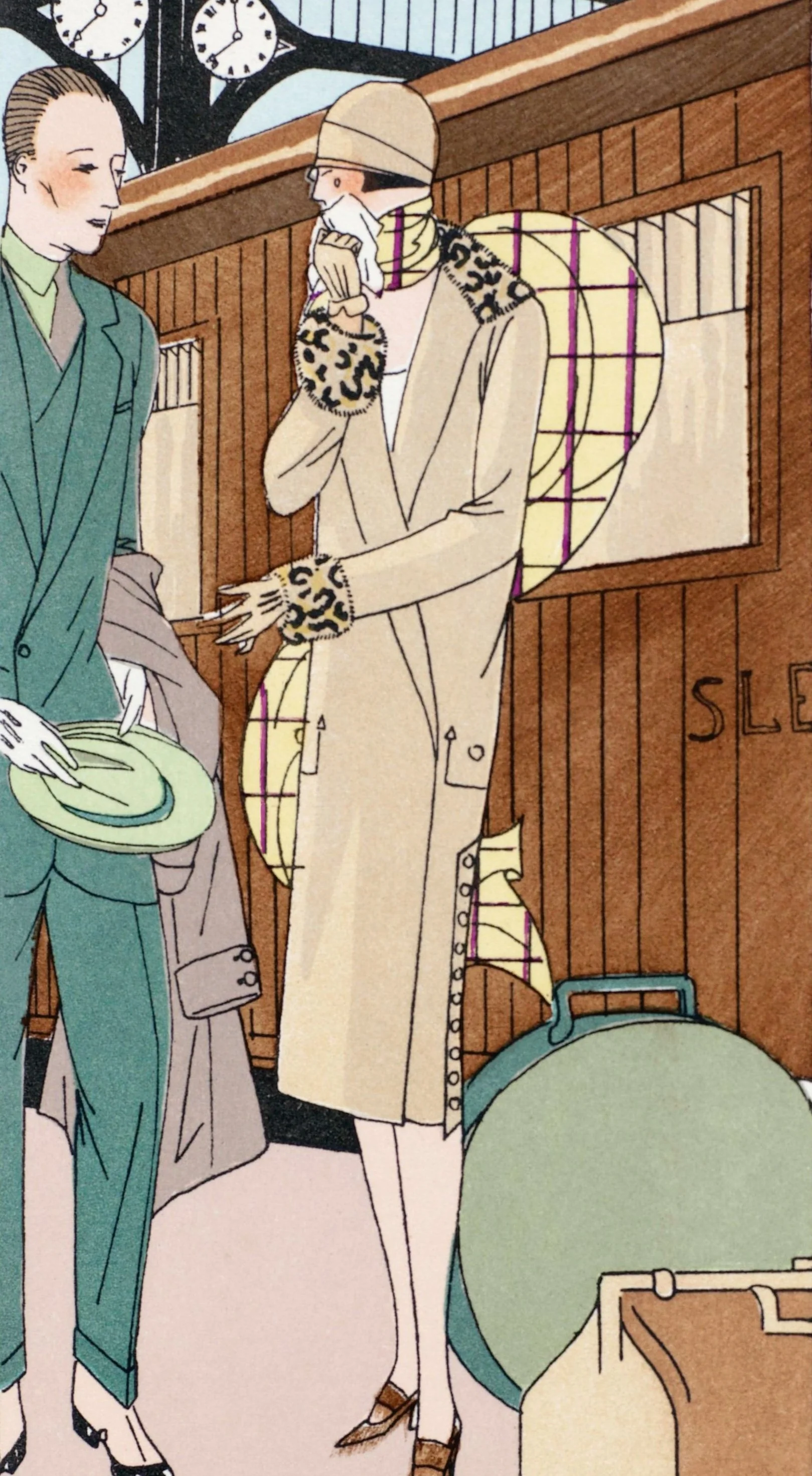Literature
Categories
The Haunted Island
Algernon Blackwood conjures a tale of quiet terror and metaphysical unease, as a solitary camper’s idyllic retreat on a deserted island becomes a confrontation with something ancient, watchful, and unseen. With his signature restraint and reverence for the natural world, Blackwood blurs the line between landscape and spirit, suggesting that the most haunting presences are those that remain unnamed.
The Legend of Sleepy Hollow
In The Legend of Sleepy Hollow, Washington Irving blends folklore, satire, and gothic atmosphere to conjure a distinctly American ghost story, one where superstition cloaks social rivalry, and the specter of the Headless Horseman becomes a mirror for colonial anxieties and masculine bravado. Beneath its autumnal charm and haunted valleys lies a tale less about terror than about the stories we tell to disguise ambition and defeat.
The Living Death
In The Living Death, Ferenc Molnár constructs a hushed, fevered horror in which the dead are not resurrected but awakened—only to discover that returning to life is the one thing truly forbidden. Beneath its gothic trappings, the story becomes a meditation on alienation, exhaustion, and the moral weight of choosing between memory and oblivion.
An Autumn Effect, 1875
Crisp with lark-song and the scent of fallen leaves, An Autumn Effect wanders through back roads and beech woods, observing the world with a light, amused eye and an undercurrent of melancholy. Stevenson lingers not to analyze but to feel—capturing the glow before dusk, the charm of small towns, and the gentle absurdity of both donkeys and men.
The Curious Case of Benjamin Button
A man is born old and grows younger — an elegant conceit that lets Fitzgerald turn time on its head. The Curious Case of Benjamin Button is at once slyly comic and quietly mournful, a tale that uses fantasy not to escape reality but to sharpen its outlines.
Omphale: A Rococo Story
In this winking confection of fantasy and satire, Théophile Gautier drapes libertine nostalgia in silk and shadow, conjuring a tale where tapestry becomes temptress and the past refuses to stay framed. Beneath the powdered frivolity lies a meditation on art, desire, and the dangers of sleeping too close to beauty.
The Most Wonderful Things Have Happened
A delirious crescendo of Victorian adventure, this chapter finds scientific skepticism collapsing under the weight of living prehistory, where pterodactyls circle like omens and the jungle teems with impossible life. What begins as a quest for proof turns into something stranger—a revelation that the world’s deepest secrets may lie not in fossils, but in the unguarded awe of those who behold them.
The Hungry Stones
A fevered tale of possession and memory, where the past seeps through stone and moonlight to ensnare the present in its perfumed grasp. In Tagore’s hands, haunting becomes less a rupture than a slow, silken dissolution of identity, seducing the rational mind into the timeless architecture of desire and loss.
Beyond Lies the Wub
What begins as a routine cargo manifest spirals into an ontological standoff between appetite and awareness, as the crew of a Martian freighter confronts the unsettling eloquence of their dinner. With serene authority, the Wub disarms its captors—not through power, but by revealing how little they understand the difference between consuming and being consumed.
The Encantadas; Or, Enchanted Isles
In The Encantadas, Melville charts the Galápagos not as paradise, but as a scorched, godless archipelago where time stagnates and morality decays. The sketches drift between travelogue and metaphysical lament, revealing a world where human vanity erodes against volcanic stone, and the sublime is as indifferent as it is infinite.
Silly Novels by Lady Novelists
With her trademark irony, Eliot exposes the absurdities of "silly novels," populated by impossibly perfect heroines and drenched in melodramatic moralizing. Yet beneath her cutting humor lies a more serious plea: for literature to aspire to honesty, complexity, and humanity.
The Garden Party
Katherine Mansfield’s The Garden Party is a shimmering example of modernist short fiction, a narrative that glides gracefully on the surface of a single day while plunging into the unsettling depths of class, mortality, and self-awareness.
The Roman Bath
Time folds quietly in this story, where literary memory, travel fatigue, and spectral suggestion converge in a single, tepid plunge. More hallucination than haunting, the tale lingers in the space between homage and invention, offering a ghost not of the dead, but of the books we carry with us.
The Potion of Lao-Tsze
Richard Garnett’s The Twilight of the Gods and Other Tales is a sparkling collection of literary curiosities—fables, fantasies, and philosophical vignettes—that revel in the absurdities of gods, men, and the tenuous line between them.
Hills Like White Elephants
The sun hangs heavy over a dry rail station, and two travelers circle the edge of a conversation they cannot quite have. What’s at stake is everything—and nothing—spoken in the flat, disarming cadences of a man who wants a problem to disappear, and a woman who knows it won’t.
The Excursion
Set aboard the steamboat Fall of Rome during a lively excursion, the story captures the absurdities of social posturing, class dynamics, and familial tensions through the misadventures of Mrs. Tuttle, her ostentatious pet parrot, and a cast of vividly drawn townsfolk.
Mademoiselle Fifi
Guy de Maupassant’s Mademoiselle Fifi is a taut and scathing short story that captures the brutal absurdities of war and the quiet defiance of the oppressed.
Theocritus on Cape Cod
Theocritus is interested in the magic of the island rather than in the mystery of the many-sounding sea, and to him the familiar look of things is never edged like a photograph; it is as solid and real as a report of the Department of Agriculture, but a mist of poetry is spread over it, in which, as in a Whistler nocturne, many details harmonize in a landscape at once actual and visionary.
The Elixir of Life
Honoré de Balzac’s The Elixir of Life plunges readers into a richly Gothic world where ambition and mortality collide in a tale as seductive as it is sinister. Part of La Comédie Humaine, this novella draws on the legend of the Wandering Jew and the alchemical pursuit of eternal life to explore the moral and existential dilemmas of human greed.
Mother Sauvage
In Mother Sauvage, Maupassant strips war of its grandeur to reveal the private, brutal calculus of grief and vengeance. With unsparing restraint, he crafts a tale in which maternal sorrow becomes indistinguishable from moral reckoning, and mercy flickers out like a match in the snow.




